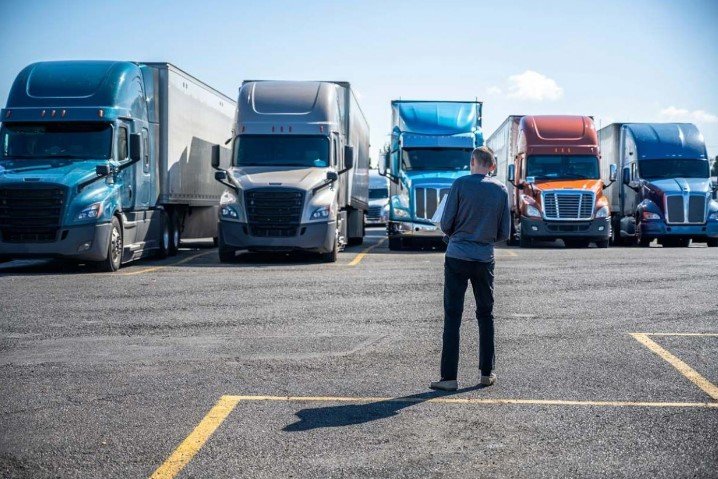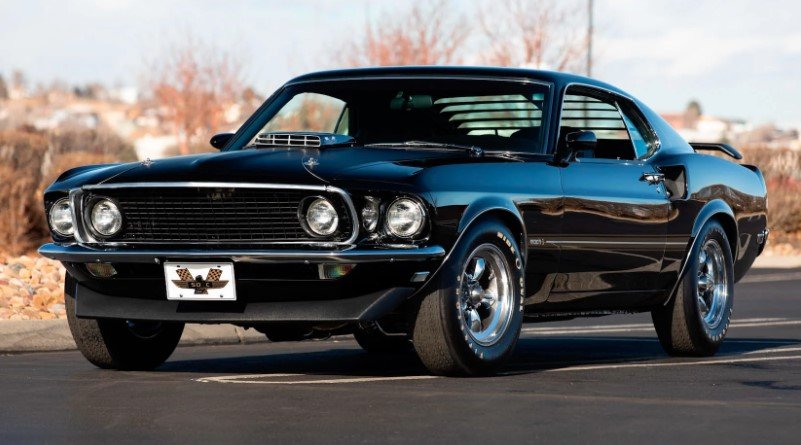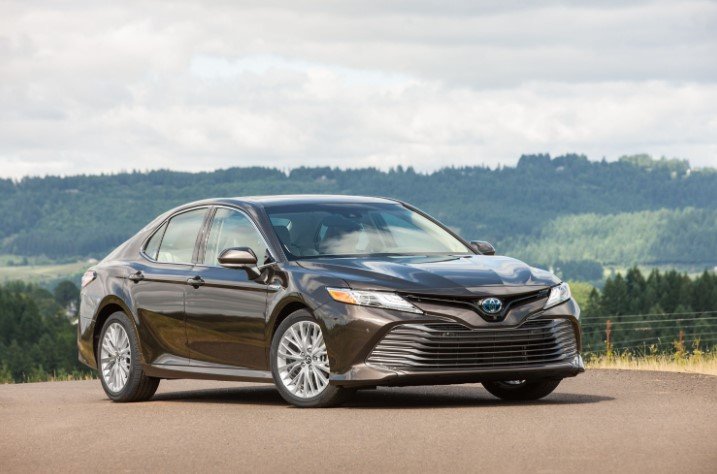
Types of Trucks

Trucks are versatile vehicles designed for various purposes, ranging from transporting goods to providing essential services. Understanding the different types of trucks is crucial for industries, businesses, and individuals alike. Let’s explore the diverse categories of trucks and their significant roles in modern transportation and logistics.
Light Trucks
Light trucks, also known as light-duty trucks, are vehicles with a relatively low gross vehicle weight rating (GVWR). They are typically used for personal transportation, small businesses, and light-duty commercial purposes. Light trucks include pickup trucks, SUVs, and vans. These vehicles offer flexibility, maneuverability, and fuel efficiency, making them ideal for urban settings and short-distance travel.
Medium Trucks
Medium trucks occupy the middle ground between light trucks and heavy trucks. They have a higher GVWR than light trucks but are smaller and more maneuverable than heavy trucks. Medium trucks find applications in various industries such as delivery and distribution, construction, and utility services. They are often used for transporting goods over moderate distances and navigating urban environments with ease.
Heavy Trucks
Heavy trucks, also known as heavy-duty trucks or Class 8 trucks, are designed to handle large loads and long distances. These vehicles have a high GVWR and robust engines capable of hauling heavy cargo trailers. Heavy trucks play a vital role in freight transportation, supporting industries like logistics, manufacturing, and construction. They are essential for moving goods across vast distances efficiently and economically.
Semi-Trailer Trucks
Semi-trailer trucks, commonly referred to as semis or tractor-trailers, consist of a tractor unit and one or more semi-trailers. These trucks are widely used for long-distance haulage and freight transportation. Semi-trailer trucks offer significant cargo capacity and can transport a wide range of goods, from consumer products to industrial materials. They form the backbone of the logistics industry, facilitating the movement of goods across countries and continents.
Pickup Trucks
Pickup trucks are versatile vehicles designed for both personal and commercial use. They feature an open cargo area, called a bed, at the rear, making them suitable for transporting goods, equipment, and recreational gear. Pickup trucks are popular among consumers for their ruggedness, towing capabilities, and off-road performance. They serve various purposes, including daily commuting, recreational activities, and small-scale hauling tasks.
Dump Trucks
Dump trucks are specialized vehicles used for transporting loose materials such as sand, gravel, and construction debris. They feature a hydraulic lift mechanism, known as a dump bed, which allows the cargo to be unloaded by tilting the bed backward. Dump trucks play a crucial role in construction, mining, and earthmoving projects, where efficient material handling is essential.
Tow Trucks
Tow trucks, also known as wreckers or recovery vehicles, are used for towing disabled or illegally parked vehicles. They come in different configurations, including flatbed, hook and chain, and wheel-lift tow trucks. Tow trucks provide roadside assistance services, helping stranded motorists and clearing traffic obstructions. They play a vital role in maintaining road safety and ensuring smooth traffic flow.
Refrigerator Trucks
Refrigerator trucks, also called reefers, are specially designed to transport perishable goods at controlled temperatures. They feature insulated cargo compartments and refrigeration units to maintain the desired temperature range. Refrigerator trucks are essential for transporting food products, pharmaceuticals, and other temperature-sensitive items over long distances.
Flatbed Trucks
Flatbed trucks have an open cargo bed with no sides or roof, allowing for easy loading and unloading of oversized or irregularly shaped cargo. They are commonly used in industries such as construction, agriculture, and transportation of heavy machinery. Flatbed trucks offer versatility and flexibility, making them suitable for hauling a wide range of materials and equipment.
Box Trucks
Box trucks, also known as cube trucks or van trucks, have an enclosed cargo area with a square or rectangular shape. They are used for transporting goods that require protection from the elements or secure storage during transit. Box trucks are commonly used in urban logistics, delivery services, and moving companies. They provide a secure and weatherproof solution for transporting goods over short to medium distances.
Off-Road Trucks
Off-road trucks are designed for rugged terrain and challenging environments. They feature specialized suspension systems, large tires, and powerful engines to navigate rough terrain with ease. Off-road trucks are used in industries such as forestry, mining, and construction, where conventional vehicles would struggle to operate. They offer high ground clearance, traction, and durability, making them indispensable for off-road applications.
Garbage Trucks
Garbage trucks, also known as waste collection vehicles or refuse trucks, are used for collecting and transporting municipal solid waste. They come in various configurations, including front loaders, rear loaders, and side loaders, depending on the collection method used. Garbage trucks play a crucial role in waste management and public sanitation, ensuring the proper disposal of household and commercial waste.
Tanker Trucks
Tanker trucks are specialized vehicles designed for transporting liquids and gases in bulk quantities. They feature cylindrical tanks made of steel, aluminum, or fiberglass-reinforced plastic, capable of withstanding the pressure and corrosive nature of the cargo. Tanker trucks are used for transporting fuels, chemicals, water, and other liquid or gaseous substances. They adhere to strict safety regulations to prevent spills, leaks, and accidents on the road.
Conclusion
Understanding the different types of trucks is essential for businesses, industries, and individuals involved in transportation and logistics. Each type of truck serves specific purposes and plays a crucial role in various sectors of the economy. Whether it’s hauling goods, providing essential services, or navigating challenging terrain, trucks are indispensable assets in modern society.
FAQs
- What are the most common types of trucks used for personal transportation?
- Pickup trucks and SUVs are among the most common types of trucks used for personal transportation due to their versatility and utility.
- What industries rely heavily on heavy trucks for transportation?
- Industries such as logistics, manufacturing, construction, and agriculture rely heavily on heavy trucks for transporting goods and materials over long distances.
- How do refrigerator trucks maintain the temperature of perishable goods during transit?
- Refrigerator trucks are equipped with insulated cargo compartments and refrigeration units that maintain the desired temperature range to preserve the quality of perishable goods.
- What are the main differences between flatbed trucks and box trucks?
- Flatbed trucks have an open cargo bed without sides or a roof, while box trucks have an enclosed cargo area with walls and a roof for protecting goods from the elements.
-
What safety measures are implemented in tanker trucks to prevent accidents and spills?
- Tanker trucks adhere to strict safety regulations and are equipped with features such as reinforced tanks, pressure relief valves, and spill containment systems to prevent accidents and environmental damage.


